15 Gen X Mandela Effects That People Actually Think Happened
Gen X is still too young to be losing their memory, but there are some things most of them seem to remember wrong.
 Cast Of Thousands, Athol Lewis | Shutterstock.com
Cast Of Thousands, Athol Lewis | Shutterstock.com One of the most frustrating experiences of the modern world, especially for Gen X, is the false collective phenomenon known as the Mandela Effect. First coined in 2010 (though reports used to say 2009) by author and paranormal researcher Fiona Broome when she discovered that many people believed former South African President Nelson Mandela had died in prison back in the 1980s. In fact, he died in 2013.
Have you ever felt nostalgic over an old show or snack, only to realize some details about it is completely different from how you remembered it? From titles now using a different word to logos missing a key element, chances are you're not the only person with a false memory of some aspect of popular culture, aka an example of the Mandela Effect.
Here are 15 Gen X Mandela Effects that people actually think happened
1. Shaggy from Scooby-Doo didn't have a big Adam’s apple
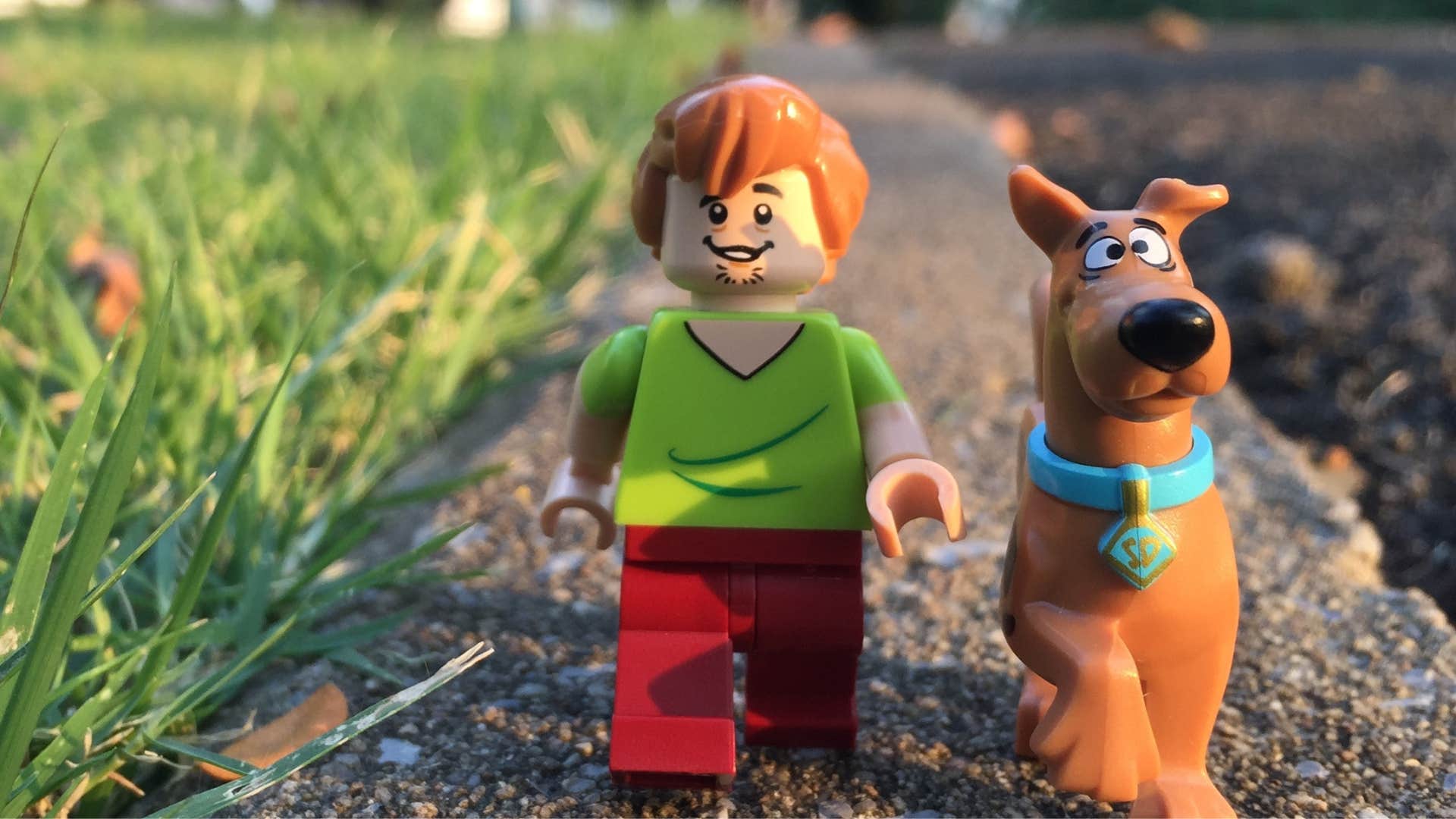 Mini_Citizens | Shutterstock.com
Mini_Citizens | Shutterstock.com
The Scooby-Doo franchise is nothing short of infamous, with nostalgic characters and catchphrases that permeate the memories of generations of children and adults. With a show that ran through the 1970s and several more animated and live action films to follow, you’d think fans of the franchise would have a great memory of its characters.
How do you remember Shaggy — Scooby Doo’s owner — looking? Can you picture the long dirty blonde hair? Green and brown outfit? How about an Adam’s apple? Well, if you remember Shaggy having an Adam’s apple, you might be misremembering his true appearance.
While some frequent watchers and fans suggest Shaggy’s Adam’s apple only came out when he was scared or swallowed, photos of him online clearly dispute that recollection. It wasn’t always there. This Mandela Effect not only infuriates true fans of the show, but anyone who can’t seem to wipe away their foggy perception of his image from their minds.
2. The famous Jaws slogan
 Drazen Zigic | Shutterstock.com
Drazen Zigic | Shutterstock.com
If you’ve ever been a fan of the Jaws movies, originally released in 1975 with several remakes and sequels to follow, you’ve probably heard the infamous line, “We’re gonna need a bigger boat.”
Except that you didn't.
While you might remember the line as such — with slang and catchphrases using it in pop culture references for decades to follow — clips from the film dispute that recollection. The actual line from the movie is: “You’re gonna need a bigger boat.”
3. The Berenstain Bears
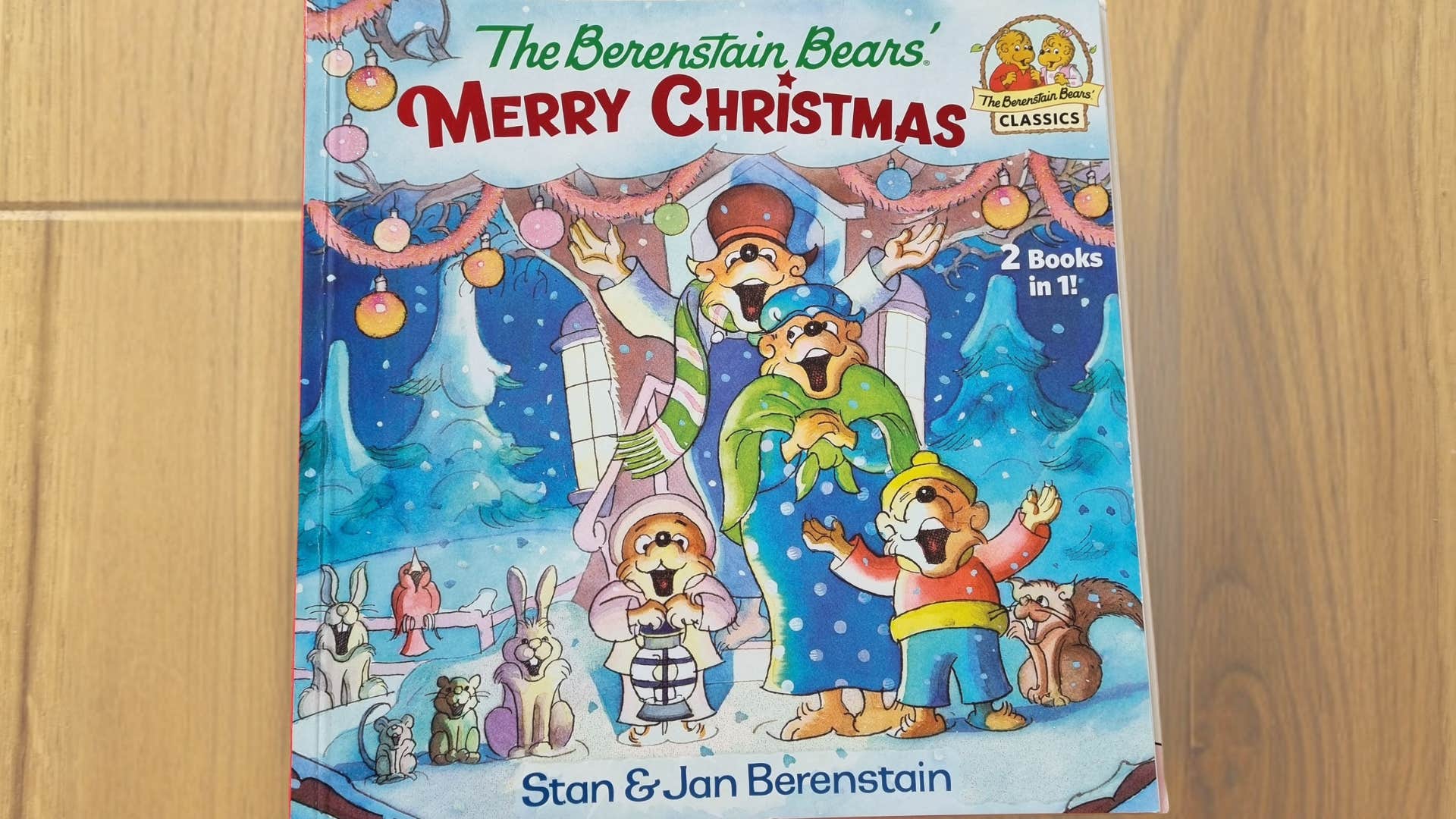 Evan Hatfield | Shutterstock.com
Evan Hatfield | Shutterstock.com
Arguably one of the most popular Mandela Effects in pop culture, the dispute between the hit franchise The Berenstain Bears versus many Gen Xers' memories of it being The Berenstein Bears is incredibly controversial. While the name of the franchise, including the original books published in the early 1980s, has always been The Berenstain Bears, many fans and readers can’t help but argue their recollection is different.
Despite the overwhelming controversy, including many readers who’d prefer to “agree to disagree” over the name, experts like the son of Stan and Jan Berenstain — the creators of the original book series — say there’s simply nothing to be disputed.
In fact, there’s actually family history behind the book series’ name that adds some emotional and sentimental value to the controversy. According to Stan and Jan’s son, many teachers used to inadvertently change his last name to Berenstein, arguing that the “—stein” suffix was more common and therefore more appropriate over his own authentic last name. So, the next time you try to argue over your recollection, consider it a possible fault of memory over a controversy.
4. Mr. Monopoly’s monocle
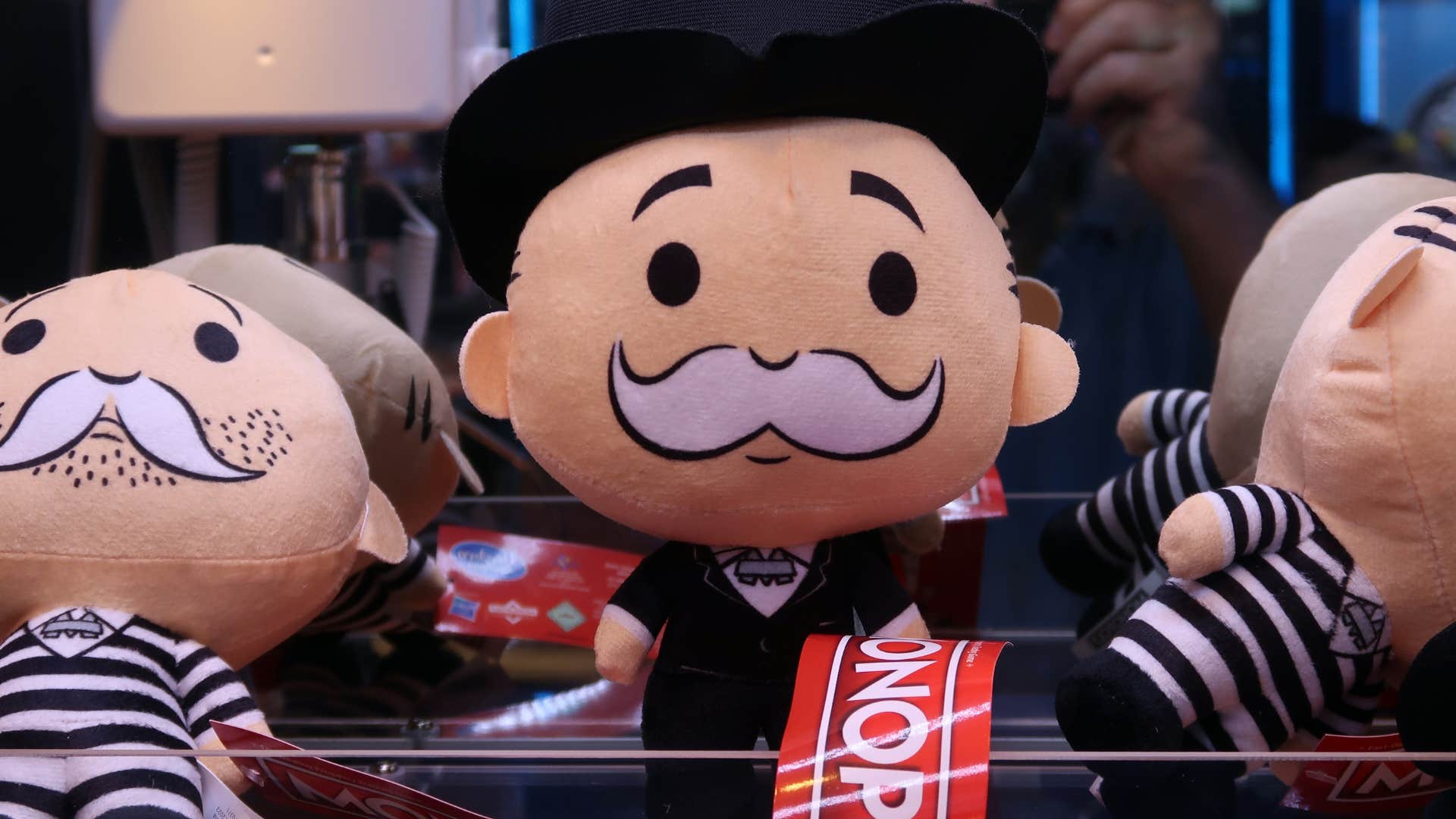 John Arehart | Shutterstock.com
John Arehart | Shutterstock.com
Mr. Monopoly, also known as “Rich Uncle Pennybags,” from the hit board game Monopoly has a pretty distinct look: shiny top hat, classic tuxedo, a bag of money, and sometimes a cane. However, one aspect of Mr. Monopoly’s look is yet another Gen X Mandela Effects that people actually think happened.
Do you remember him also having a monocle? If so, you're wrong. The University of Chicago confirms that Mr. Monopoly never wore a monocle, despite thousands of people arguing that he did.
5. Looney Tunes
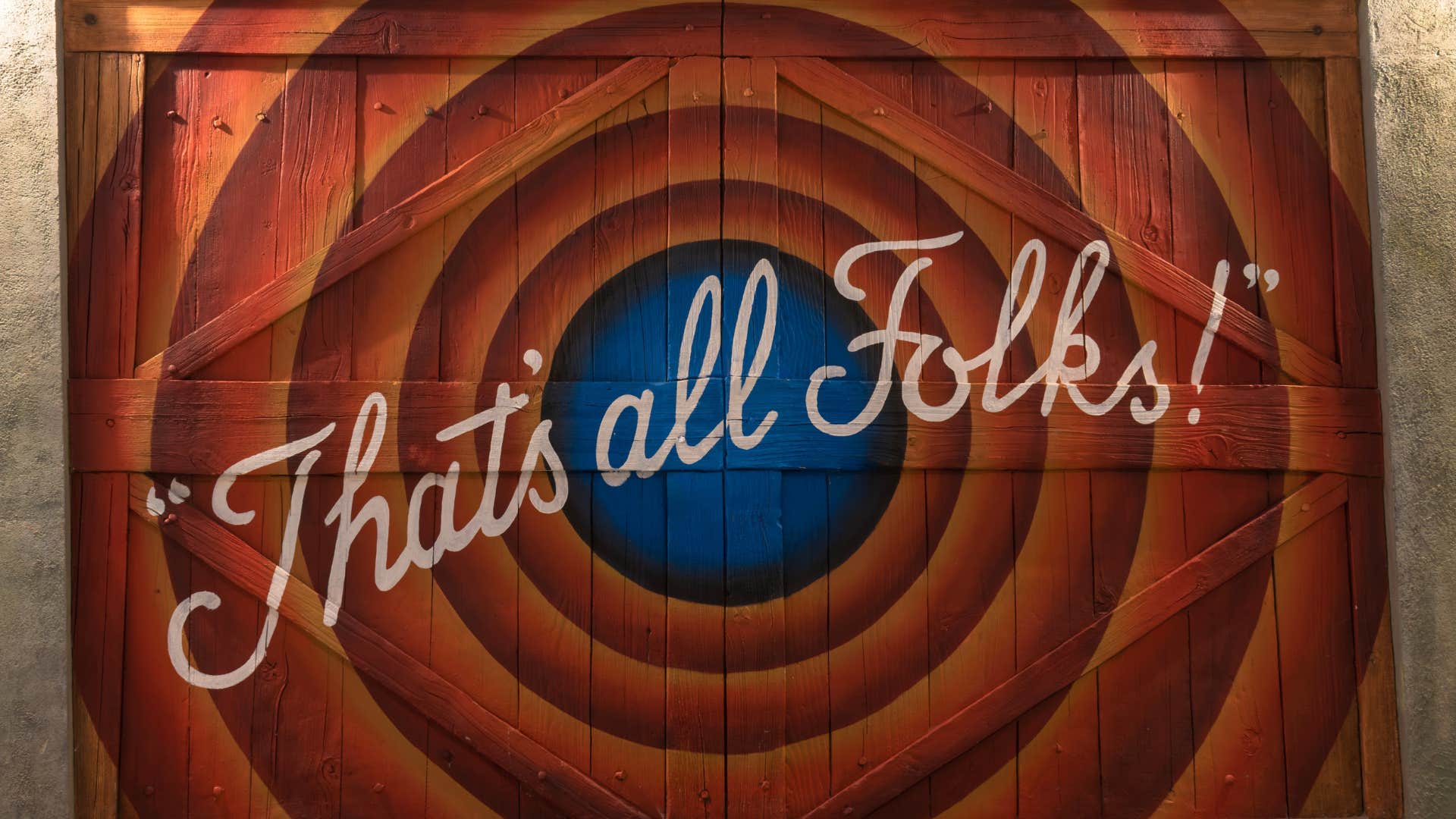 Rzulev | Shutterstock.com
Rzulev | Shutterstock.com
While many fans remember this animated hit to be spelled “Looney Toons” — a play on “cartoons” — rather than Looney Tunes, the latter is actually true, and there's an interesting historical reason why.
In 1929, Warner Bros. decided to try its hand at competing with Disney in the cartoon arena. They developed two vehicles, Looney Tunes and Merrie Melodies, drawing their storylines from their music library hence, aka "tunes."
6. The Fruit of the Loom logo never showed a cornucopia
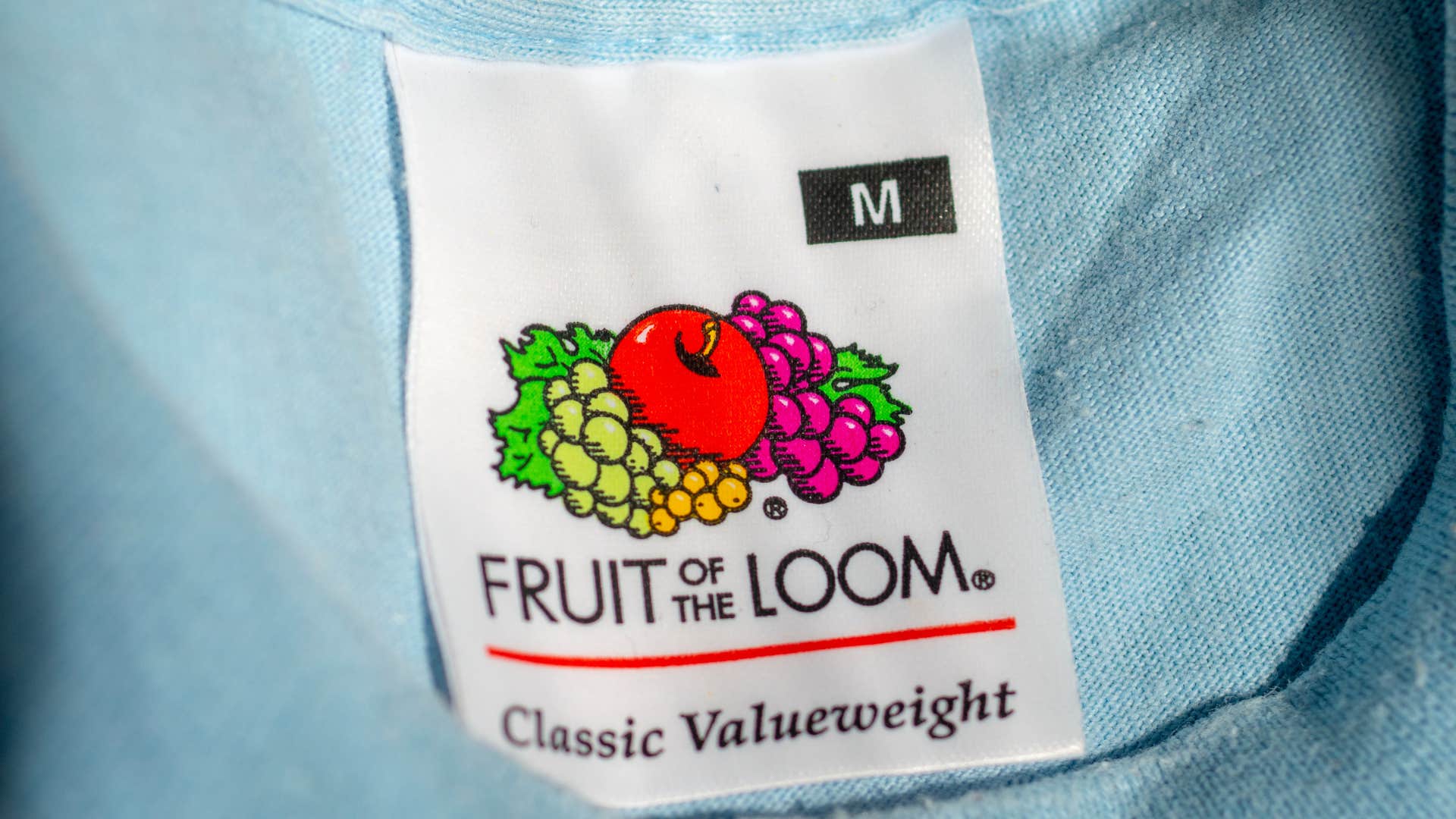 Lenscap Photography | Shutterstock.com
Lenscap Photography | Shutterstock.com
Clothing company Fruit of the Loom's logo is also one of the more infamous examples of Mandela Effects that people actually think happened. While the website clearly breaks down the origin of their logo, with various fruits and their associated company names, many argue there used to be a cornucopia surrounding the fruit.
Fact-checking website Snopes and Fruit of the Loom themselves argue that this Mandela Effect isn’t based in truth and there’s never been a cornucopia on their brand’s logo. Rather, a fake image and photoshopped logo that’s been circling for nearly a decade is partly to blame for the confusion and collection misremembering.
7. The evil queen in Snow White never said 'Mirror, Mirror on the wall'
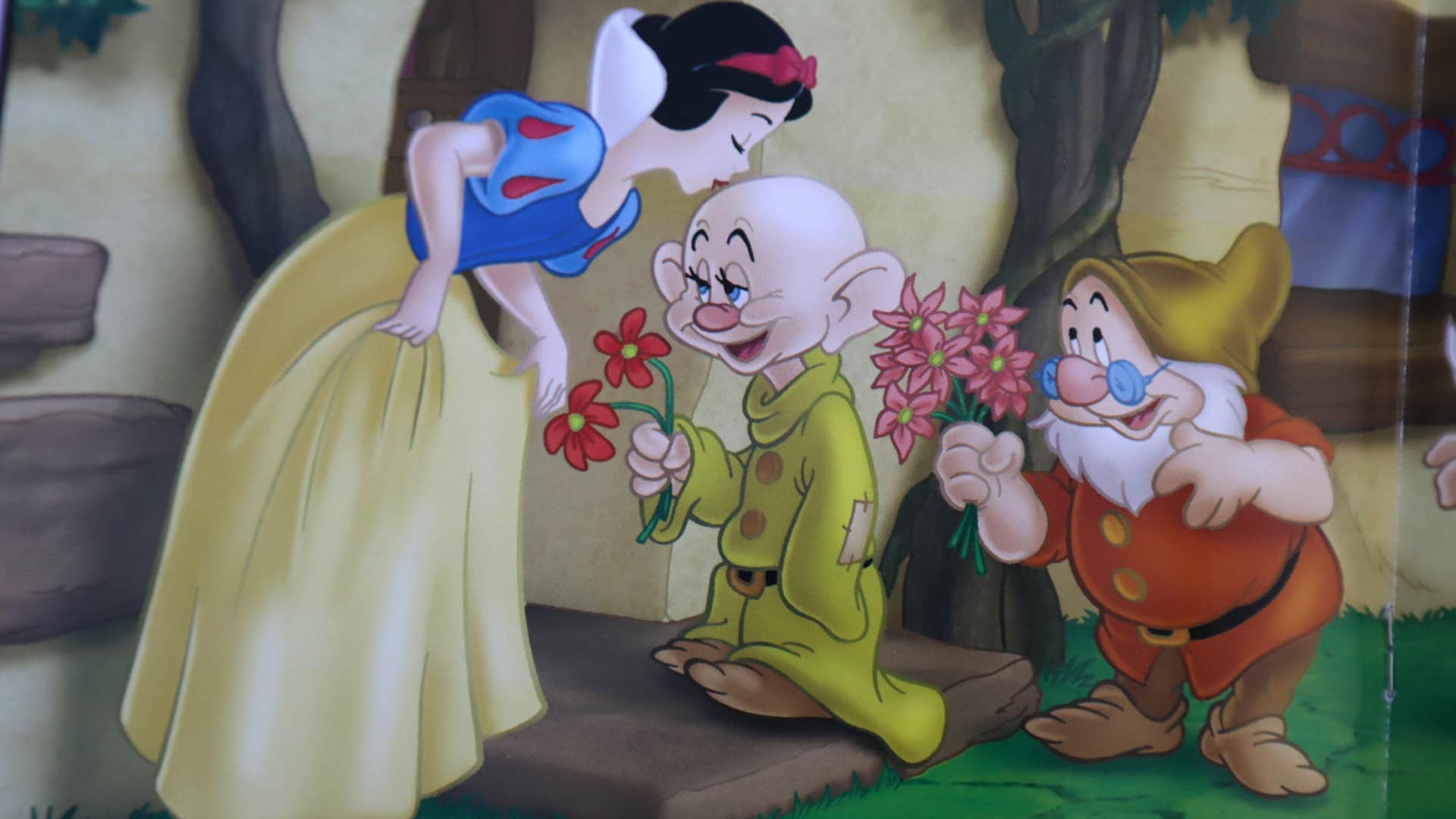 cfg1978 | Shutterstock.com
cfg1978 | Shutterstock.com
What’s the most famous line from Snow White? For many people it’s exactly the one you’re thinking of" “Mirror, mirror on the wall, who’s the fairest of them all?” However, that’s not actually the correct line from this legendary movie.
Originally released in 1937, the animated film’s scene of the Evil Queen speaking to her “magic mirror” is the foundation for this controversial Mandela Effect. As she approaches the mirror, she actually says a completely different line: “Magic mirror on the wall, who’s the fairest one of all?”
8. The famous Star Wars saying
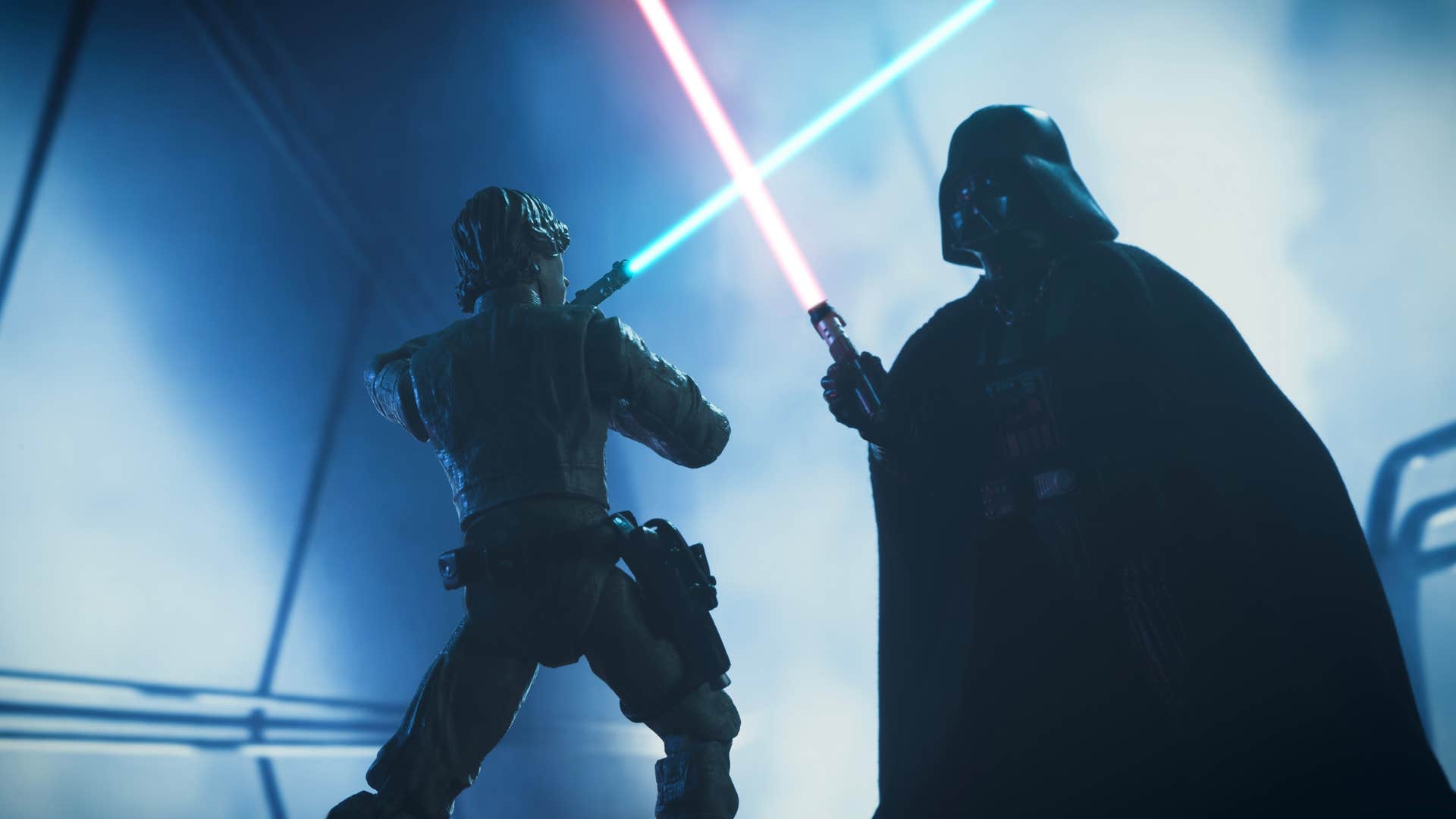 Willrow Hood | Shutterstock.com
Willrow Hood | Shutterstock.com
One of the most famous scenes in the Star Wars franchise is arguably also one of the most misremembered. In the 1980 film “Star Wars: Episode V — The Empire Strikes Back,” Darth Vader comes face-to-face with Luke Skywalker and speaks a legendary line — but what is it?
Clips from the movie reveal the truth: it’s not actually “Luke, I am your father,” but rather, “No, I am your father.”
According to memory researcher João Tenório, this mistake can be explained partially by our complex memory processes. While a computer’s hard drive will often absorb and retain 100% of new information, our brain’s capacity for memory is less reliable. Not only do we often misremember things we once perceived as unmistakably true, we’re often influenced by other people’s opinions and recollections of events, as well — swaying the “truth.”
Bonus Gen X Mandela Effect: C-3PO's body was never all gold. The lower section of his right leg is actually silver.
9. Curious George’s never had a tail
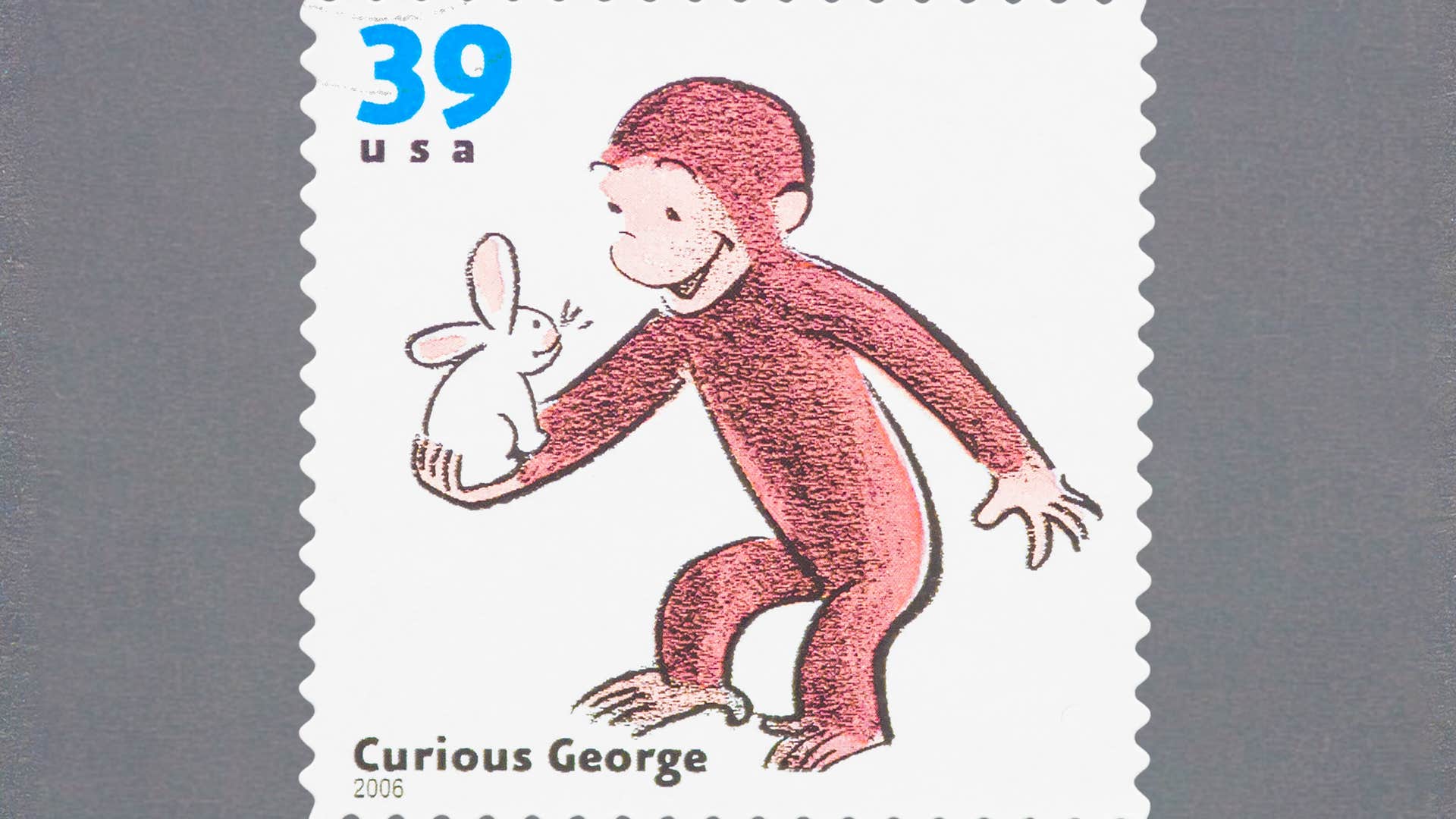 Catwalker | Shutterstock.com
Catwalker | Shutterstock.com
While Gen Z will remember Curious George from the 2006 movie and TV series, Gen X grew up on the original books and the 1980s TV show, pretty much all of us agree that the adorable fictional monkey had a tail, as monkeys do, of course.
However, those of us who picture him that way are mistaken. In fact, Curious George never had a tail, despite being a monkey. Historical photos of Curious George's evolution dispute people’s misguided recollections.
10. Britney Spears’s disappearing microphone
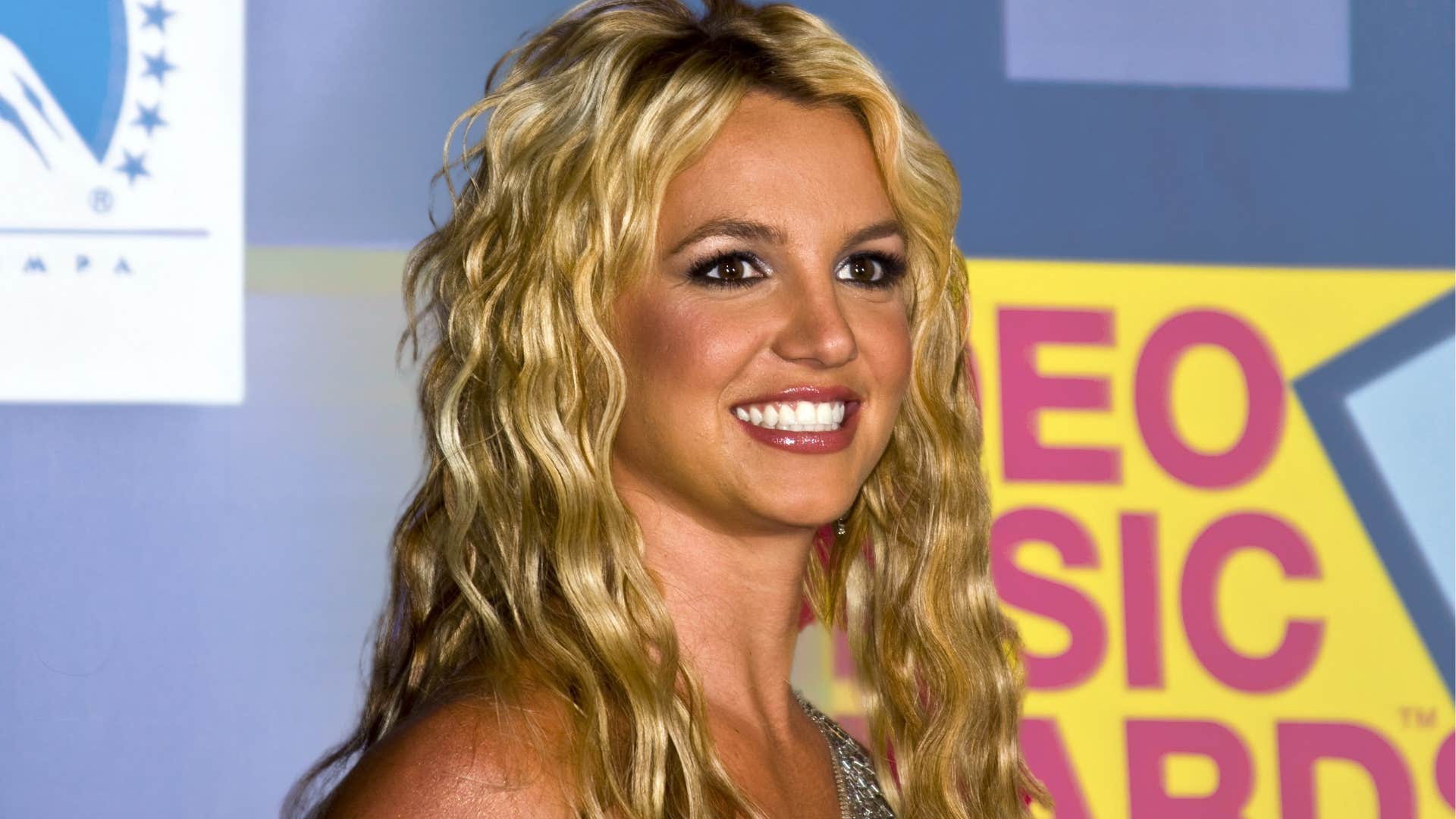 Dooley Productions | Shutterstock.com
Dooley Productions | Shutterstock.com
If you’re part of Gen X or even a millennial, you’ve probably watched Britney Spears’s video for “Oops!... I Did It Again” more times than you can count over the course of your life, but you might be misremembering an in important part of her outfit.
To the shock of many fans, Britney never wore a headset in her video. The headset that informed decades of Halloween costumes and pop star visionaries simply never appeared during the video — securing its place as one of the Gen X Mandela Effect that people actually think happened.
11. Jif peanut butter
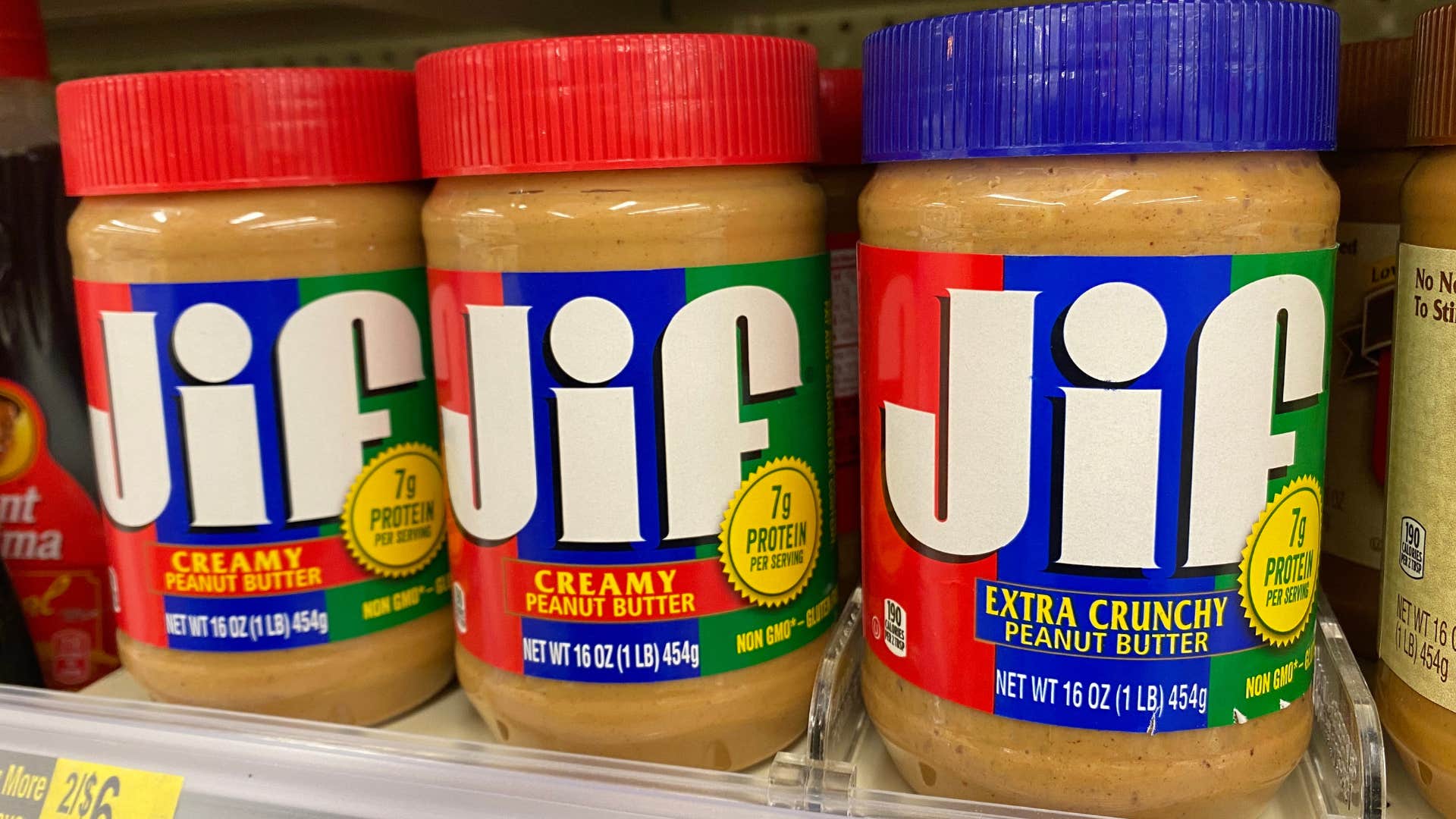 ZikG | Shutterstock.com
ZikG | Shutterstock.com
When you think about peanut butter brands, the first you’re probably envisioning is “Jiffy,” right? Well, it’s actually “Jif,” and apparently, that's what its always has been. Since the company was founded in 1958, the brand has always had the same name.
Other brands on the market, like Skippy, that might’ve contributed to this collective misconception, but the truth is nothing has changed — we’re all wrong.
12. It's Febreze air freshener, not Febreeze
 Felipe Sanchez | Shutterstock.com
Felipe Sanchez | Shutterstock.com
Another controversial and widely debated Mandela Effect is the spelling of air freshener and cleaning company Febreze. It’s never been Febreeze, with two “e’s.” While it might make more sense to the average person that an air freshener would be named after a take on “breeze,” like a breath of fresh air, the truth is the name has never changed and it’s always been the same.
13. Ed McMahon never showed up with checks from Publishers Clearinghouse
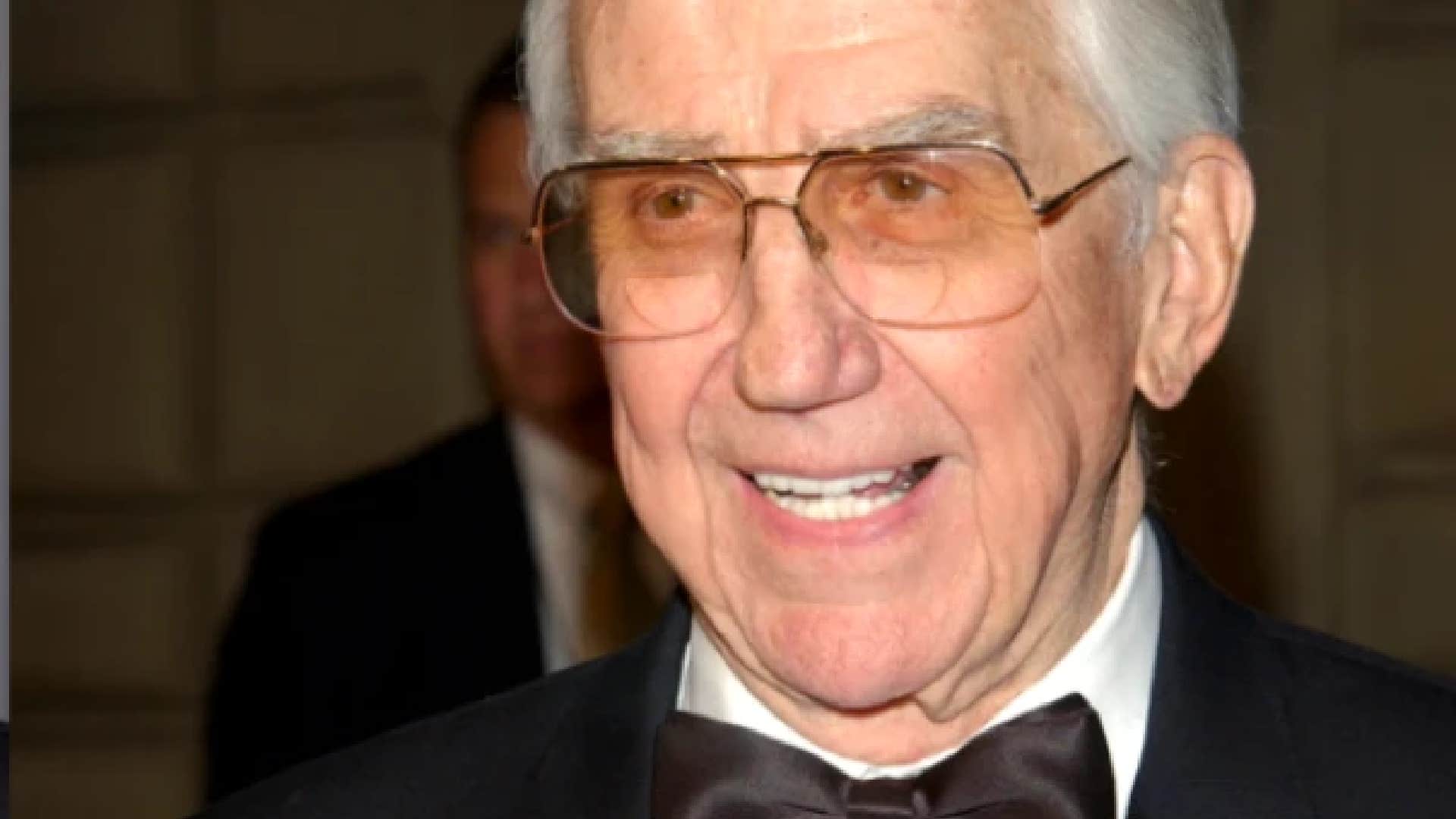 Featureflash Photo Agency / Shutterstock
Featureflash Photo Agency / Shutterstock
Any Gen Xer worth their salt remembers pulling Publishers Clearing House sweepstakes entry forms out of their parents' mail pile, dreaming of Ed McMahon showing up at their house with a giant check for $1,000,000.
As it turns, all of them are wrong. McMahon never worked for Publishers Clearing House, but rather for their sweepstakes competitor, American Family Publishers.
14. Sally Field never said 'You really like me!'
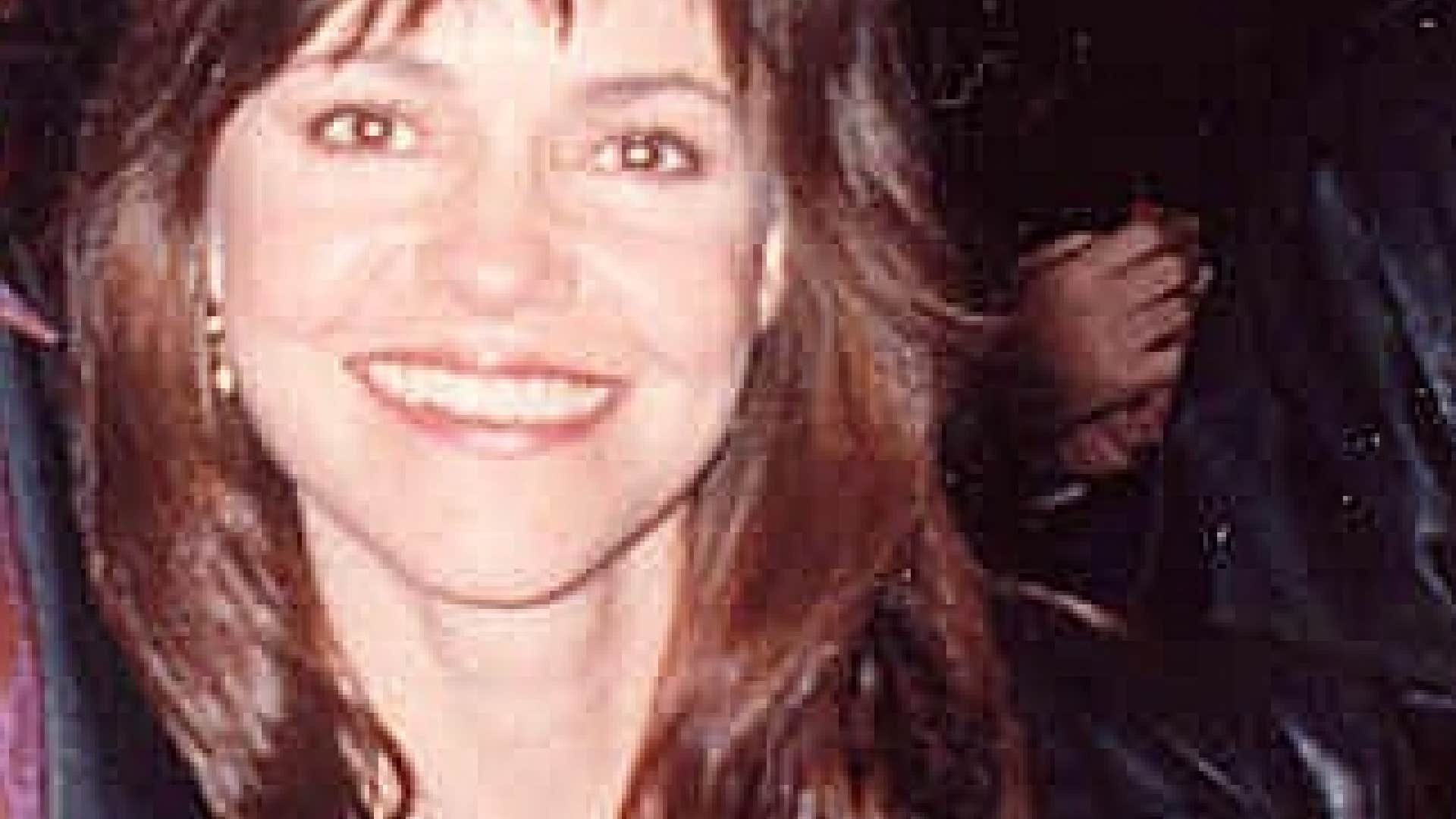 Alan Light, CC BY 2.0
Alan Light, CC BY 2.0
In 1985, Gen Xers everywhere watched the adorable Sally Field light up the stage at the Academy Awards when she accepted her Oscar for Best Actress in the film "Places In The Heart" with her famously gleeful exclamation, "You like me! You really like me!"
Well, whomp, whomp. That's close, but, again, no cigar. In her acceptance speech, Field actually said, "You like me! Right now you like me!"
15. Richard Simmons didn't wear a headband
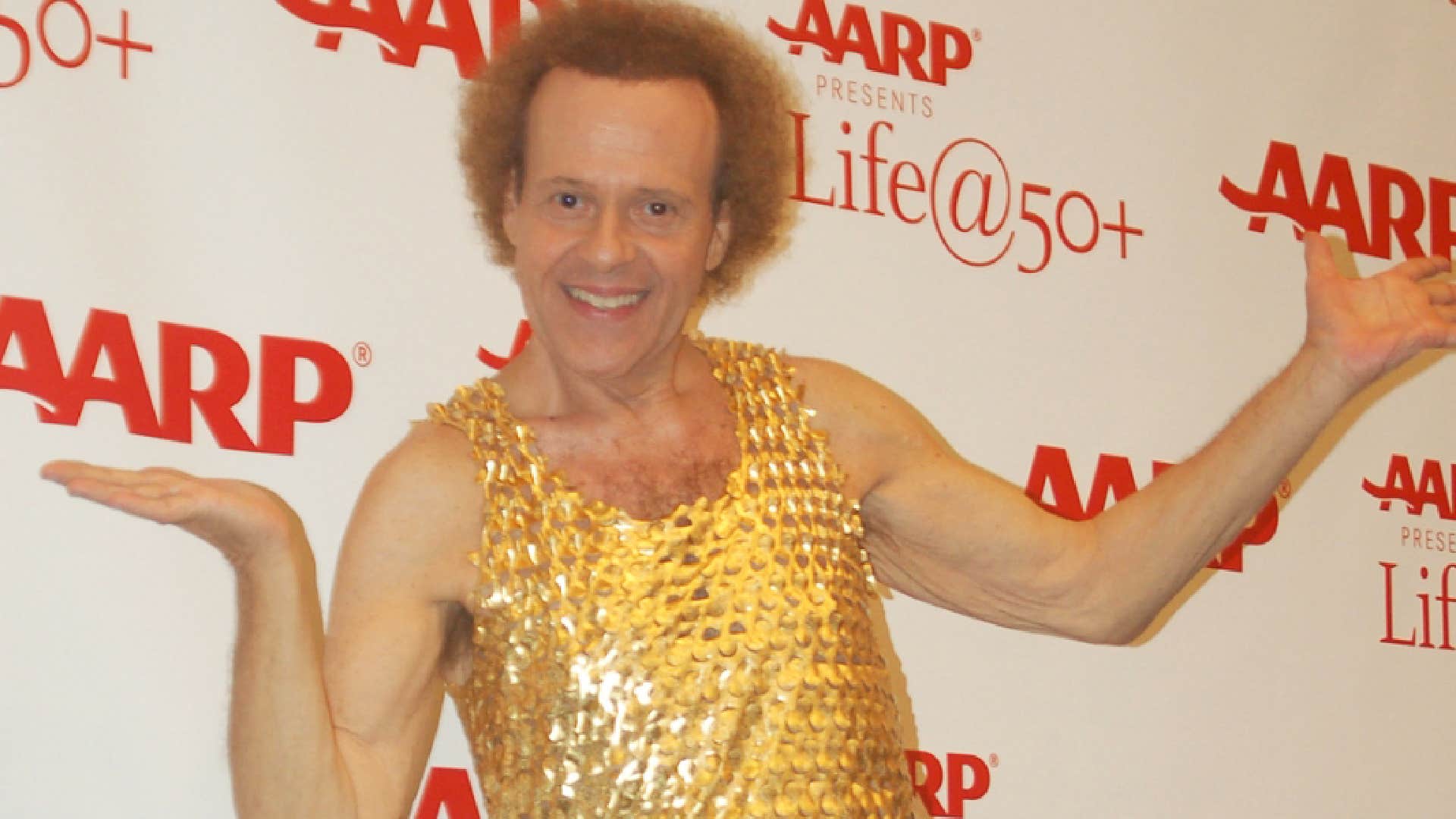 Angela George, CC BY-SA 3.0
Angela George, CC BY-SA 3.0
Jubilant '70s and'80s fitness icon Richard Simmons was beloved for his bubbly personality and eccentric looks, which Gen X distinctly remembers having included a sweatband.
Video and photo evidence tells a different story, however. None can be found showing him with a headband in his adorable mop of hair.
Zayda Slabbekoorn is a staff writer with a bachelor’s degree in social relations & policy and gender studies who focuses on psychology, relationships, self-help, and human interest stories.

